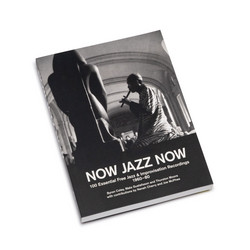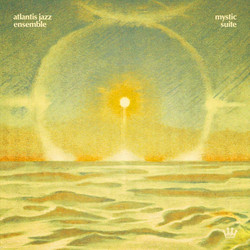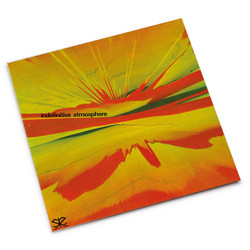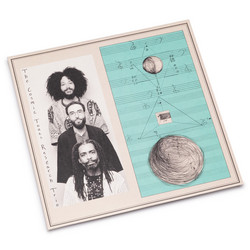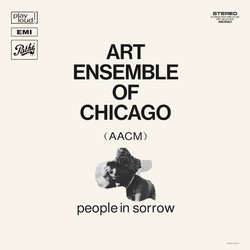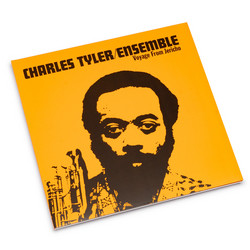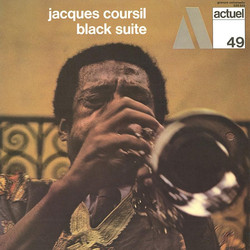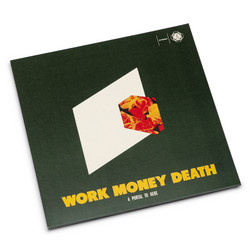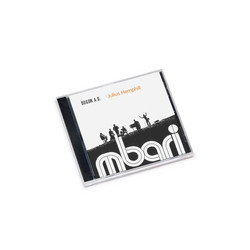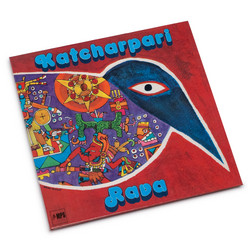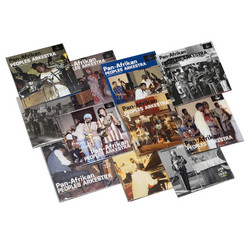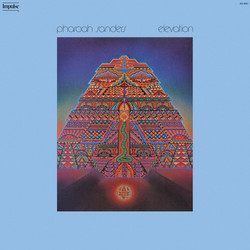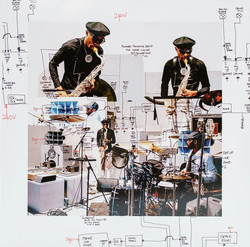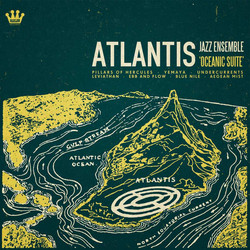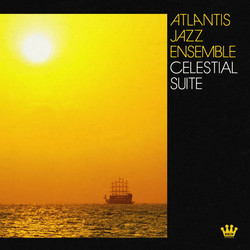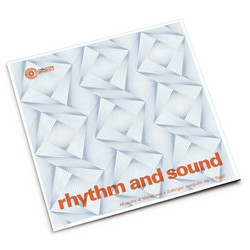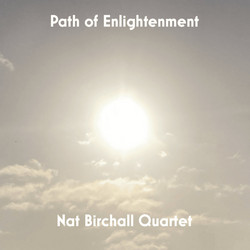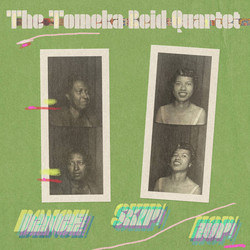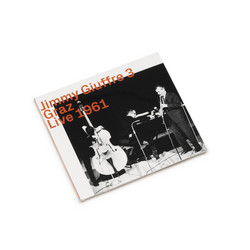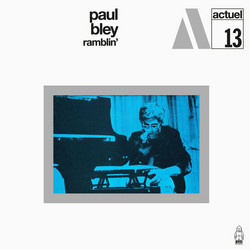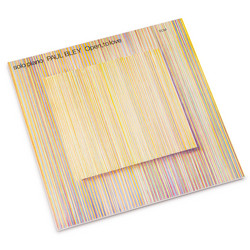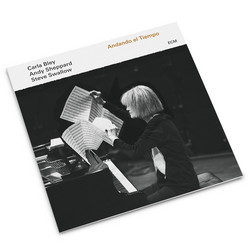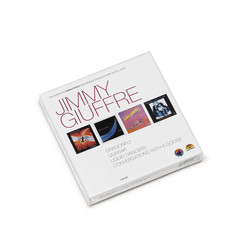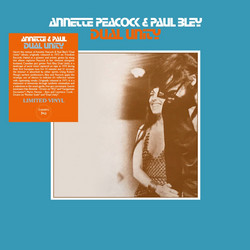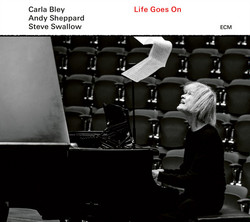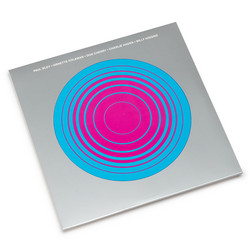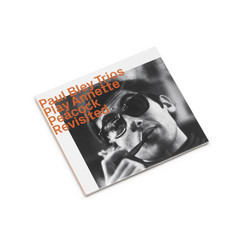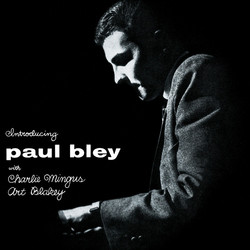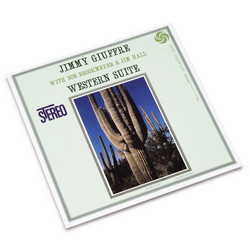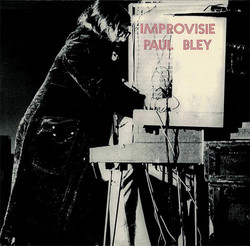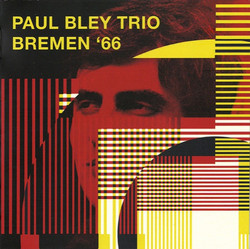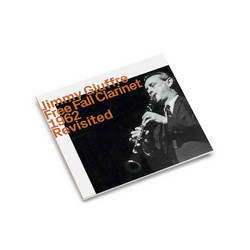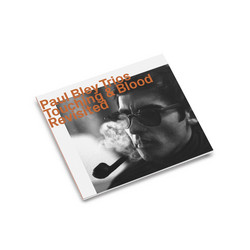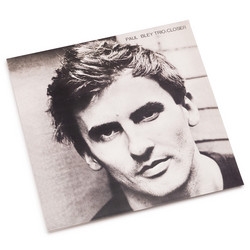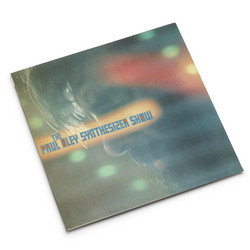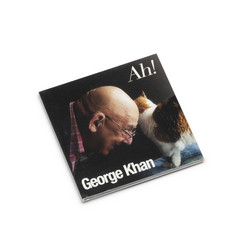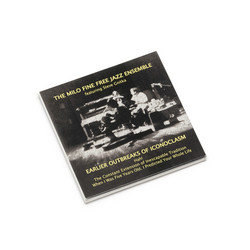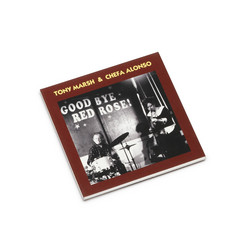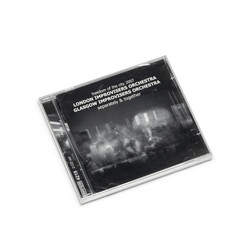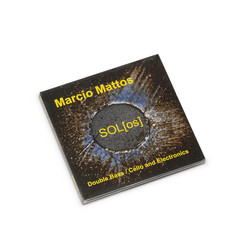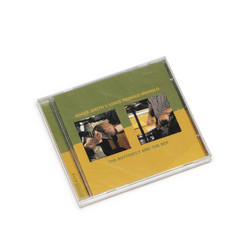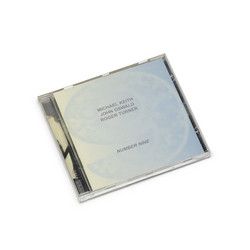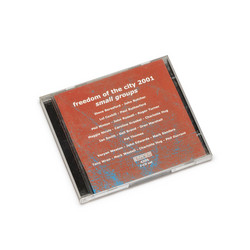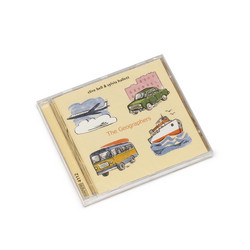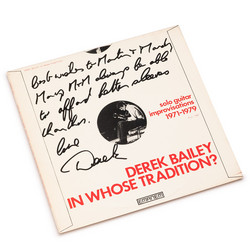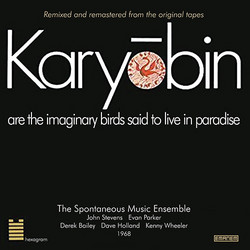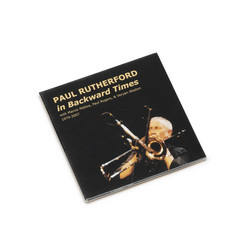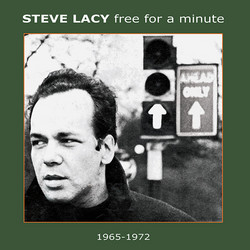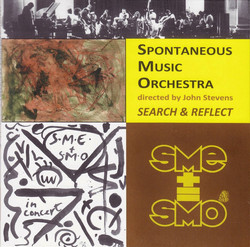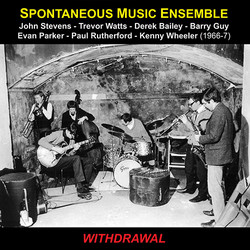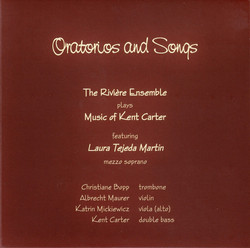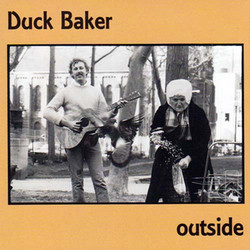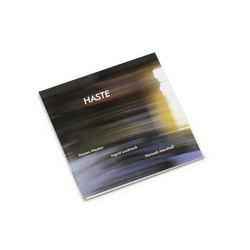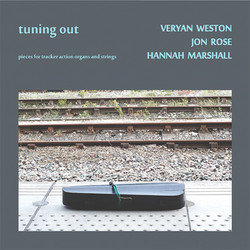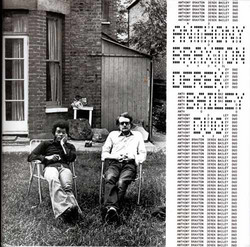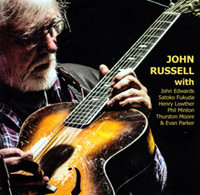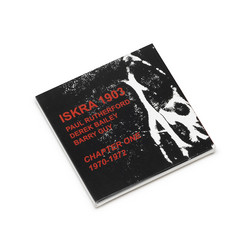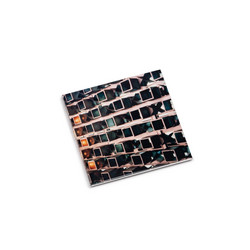Jimmy Giuffre, Paul Bley, Steve Swallow
Bremen & Stuttgart
The Jimmy Giuffre 3 with Paul Bley and Steve Swallow only lasted about a year, but their work, which ranged from blues to tempo-less group improvisation, became a major influence on a wide variety of subsequent music from 'soft jazz' to 'hard-core' free improvisation. This double CD reissues their only known well-recorded concerts, originally released in 1992/3 on hat ART 6071/2. In addition, there are six previously unissued performances from the Bremen concert, three trios and three piano/bass duets. Also included are the two tracks from their FUSION album which were not included in the ECM double-album reissue.
"This is the second recital of this band (Jimmy Giuffre, clarinet, Paul Bley, piano, Steve Swallow, bass) in Europe that has been brought out by HatART. It adds immeasurably to the documentation of a group that was, for all its innovation, sadly under-recorded. Many of the tunes here take the studio versions of material the trio recorded for Verve on two albums, Emphasis and Fusion, and extrapolate this material into the true vision of freedom the trio shared, without losing sight of the fact that this was a band. One of the most stellar examples of this is on the tune "Emphasis," where Giuffre uses a basic 12-bar blues and disguises it under a complex method of extrapolating improvisation from strange intervallic equations and the inversion of already abstruse melodic shapes. Add to this that, without a drummer, each member was responsible for being his own rhythm section, and you have tonalities and colors popping out all over the place, focused on the feeling of the blues yet without its trappings. The version of Carla Bley's "Jesus Maria" is a thing of rare beauty here, as Giuffre takes the composer's gorgeously simple melody and stretches its tempo to a slow breaking point. Timbral development and atonal fixtures by Paul Bley lend a bluer aspect to the tune than was originally intended in the composition, but it nevertheless avoids becoming either a blues or a sideshow version of a show tune, remaining firmly a gorgeous ballad with nuanced intervals where atonal figures are bled gradually into shimmering glissandos. The set closes with Giuffre's "Cry, Want," again a tune that begins with a rounded blues wail, yet becomes an otherworldly vehicle for group articulation in improvisation. Harmonically, Bley stretches every bit of the tune's structure to the point of fissure. His impetus for changing the skeletal frame is not lost on Swallow, who creates a complex rhythmic figure in counterpoint; Giuffre does his best to hold on, though he too is seduced by the new modular figures of Bley. This is the sound of a trio truly at work in discovering itself in the moment of creation, and it is breathtaking. This may be the finest thing the trio ever recorded and, as a performance, it is even better than the concert captured on Flight, Bremen 1961 as well." Amg
